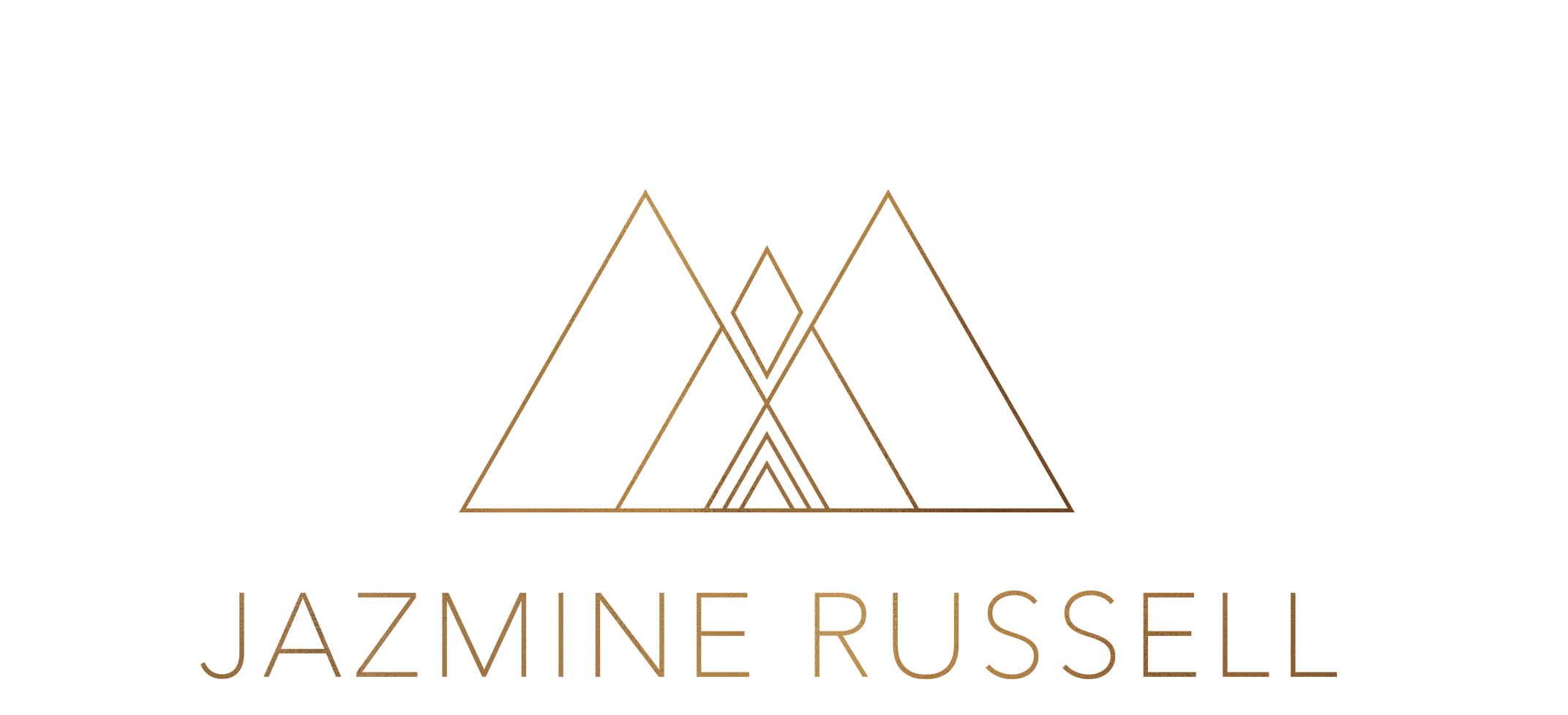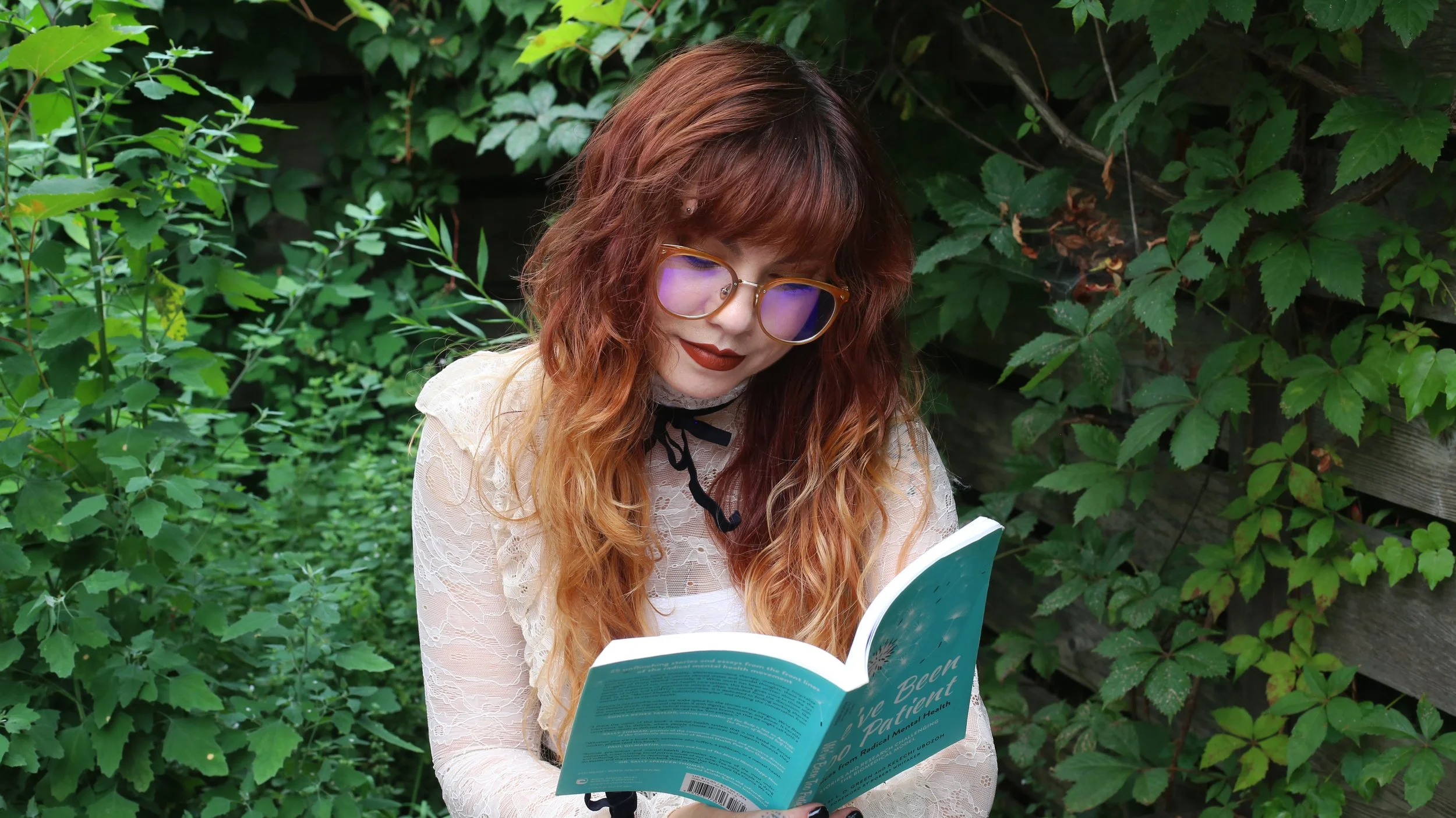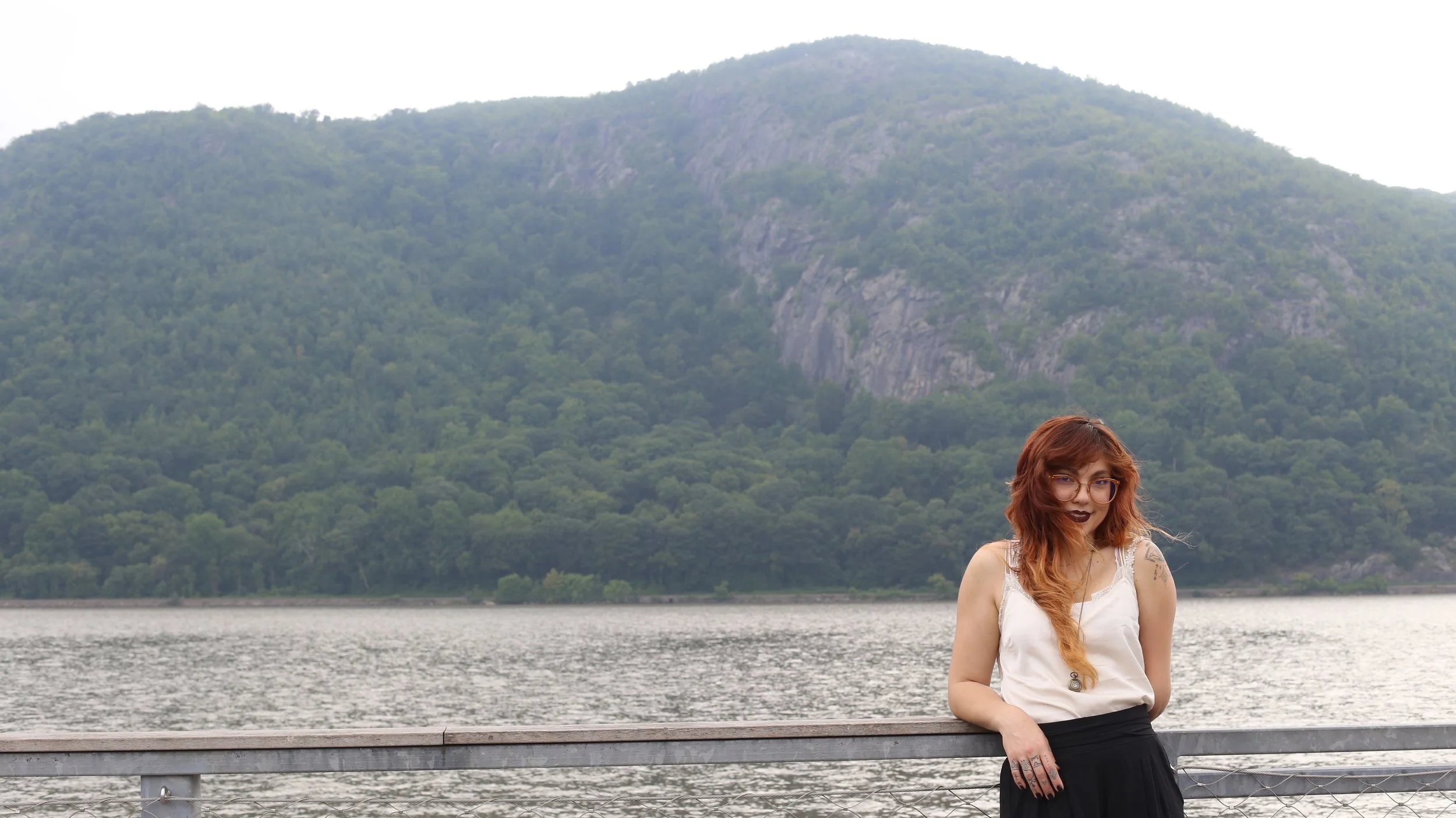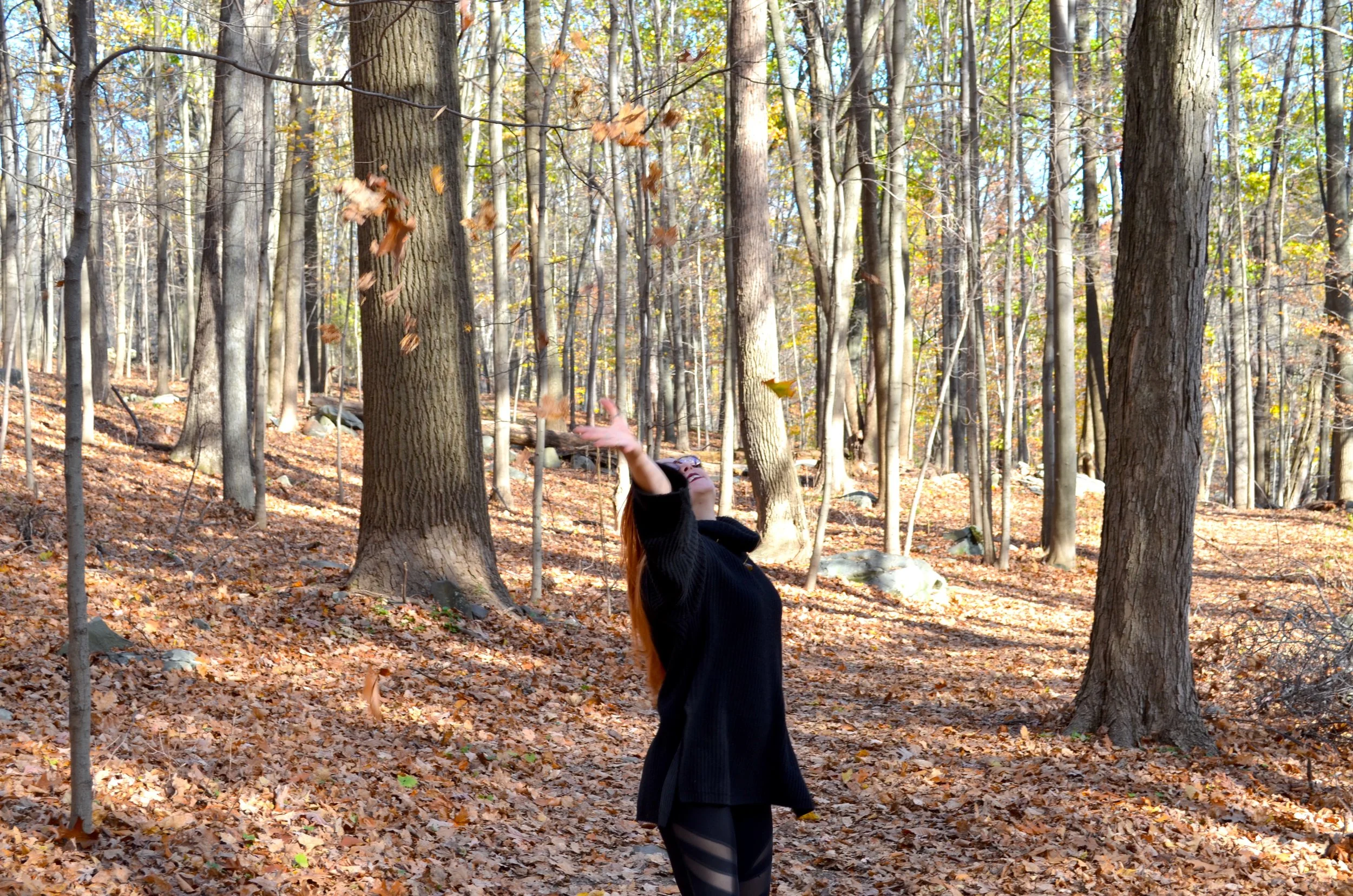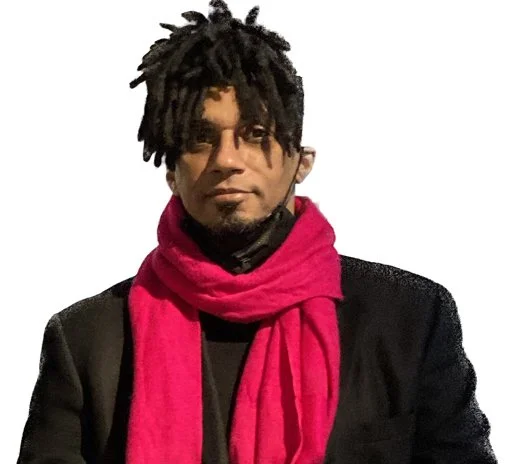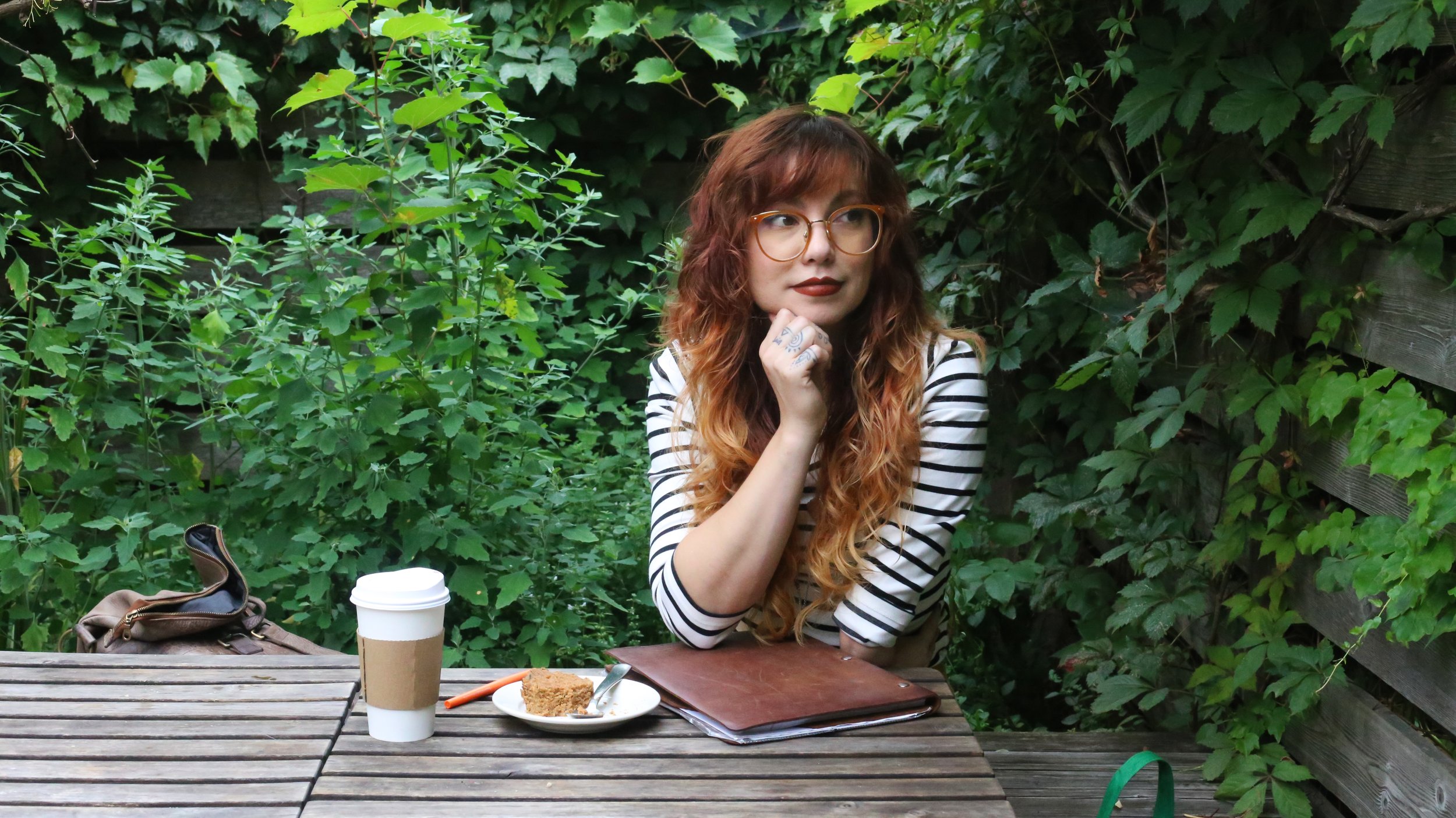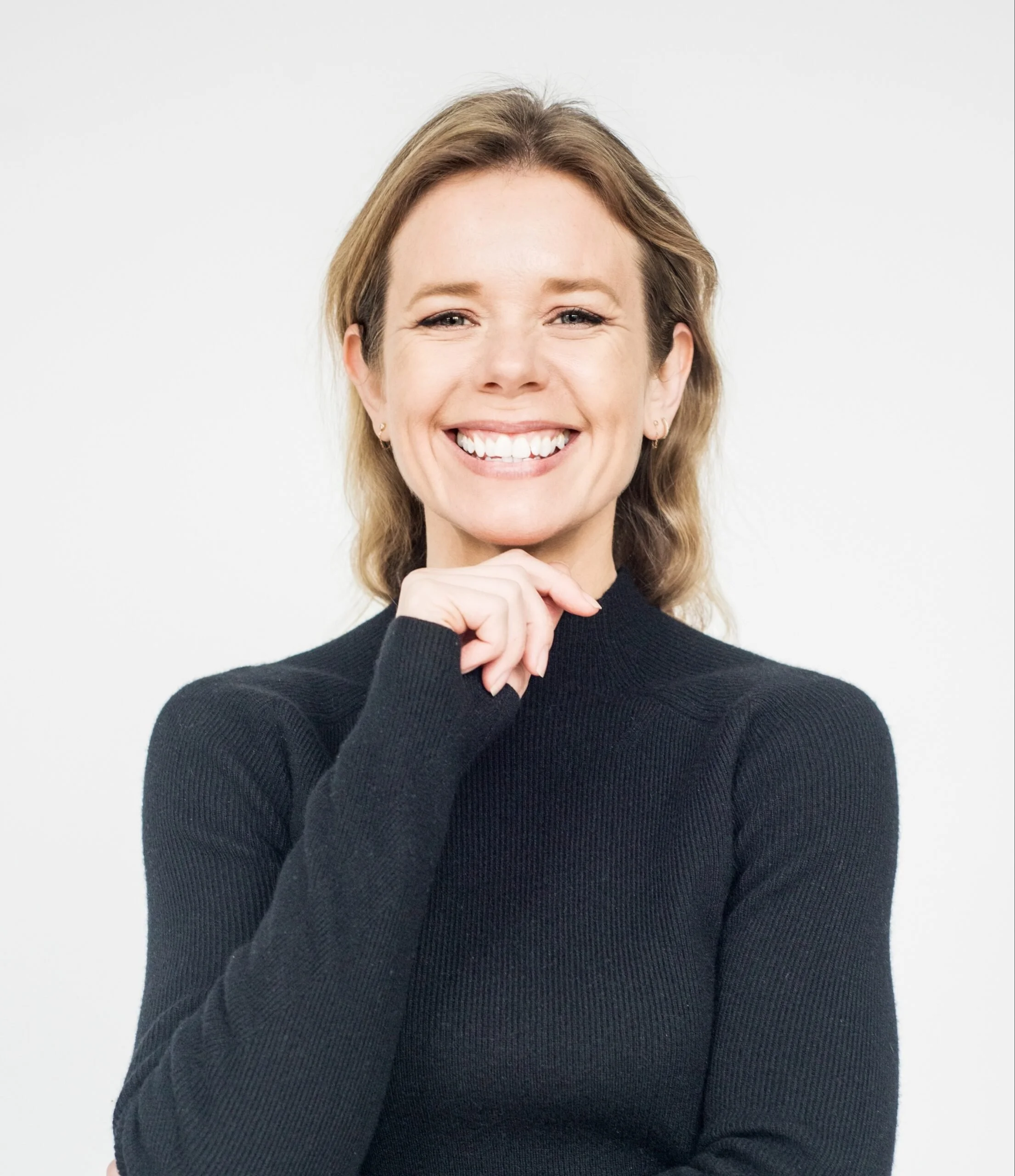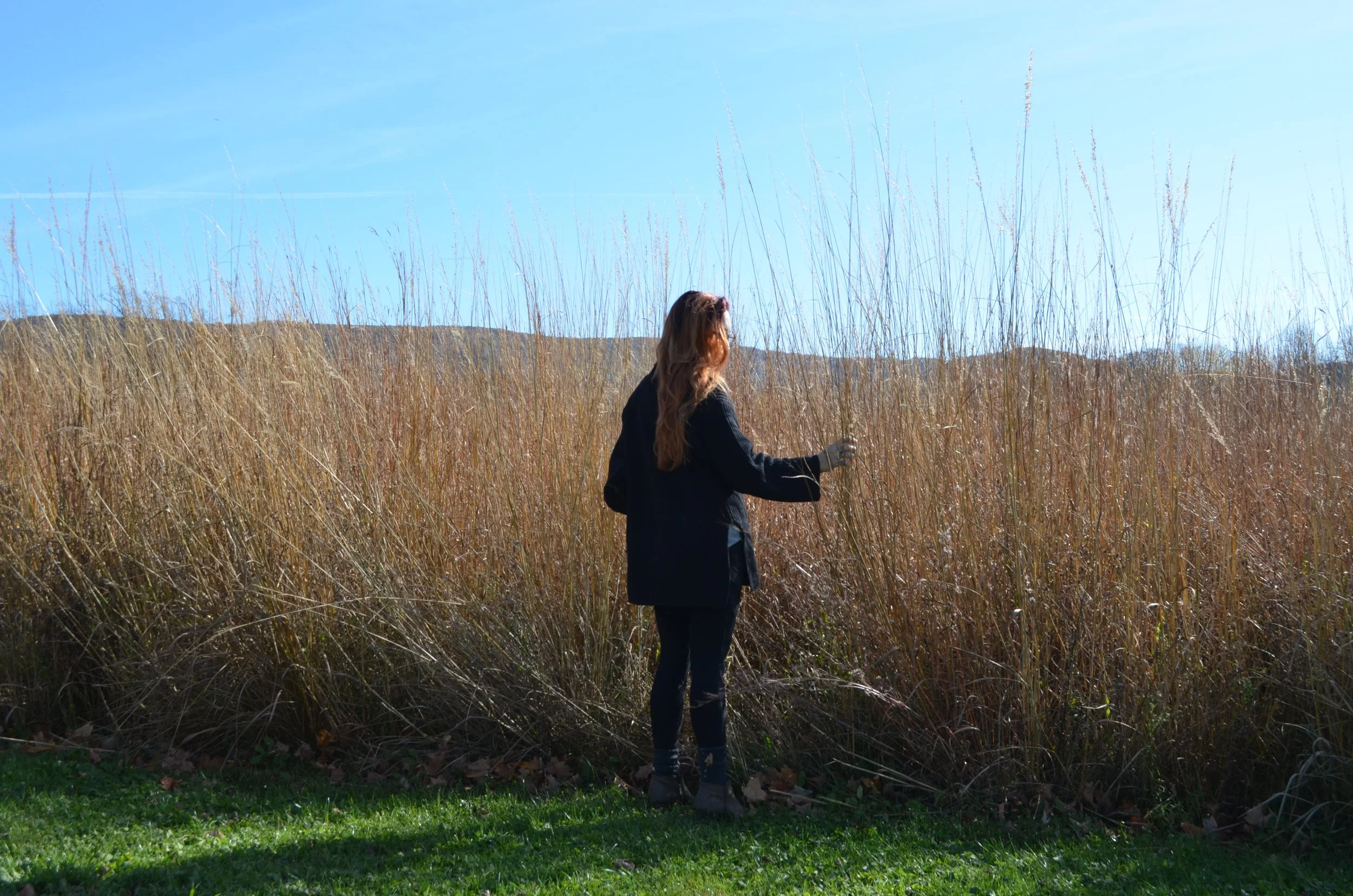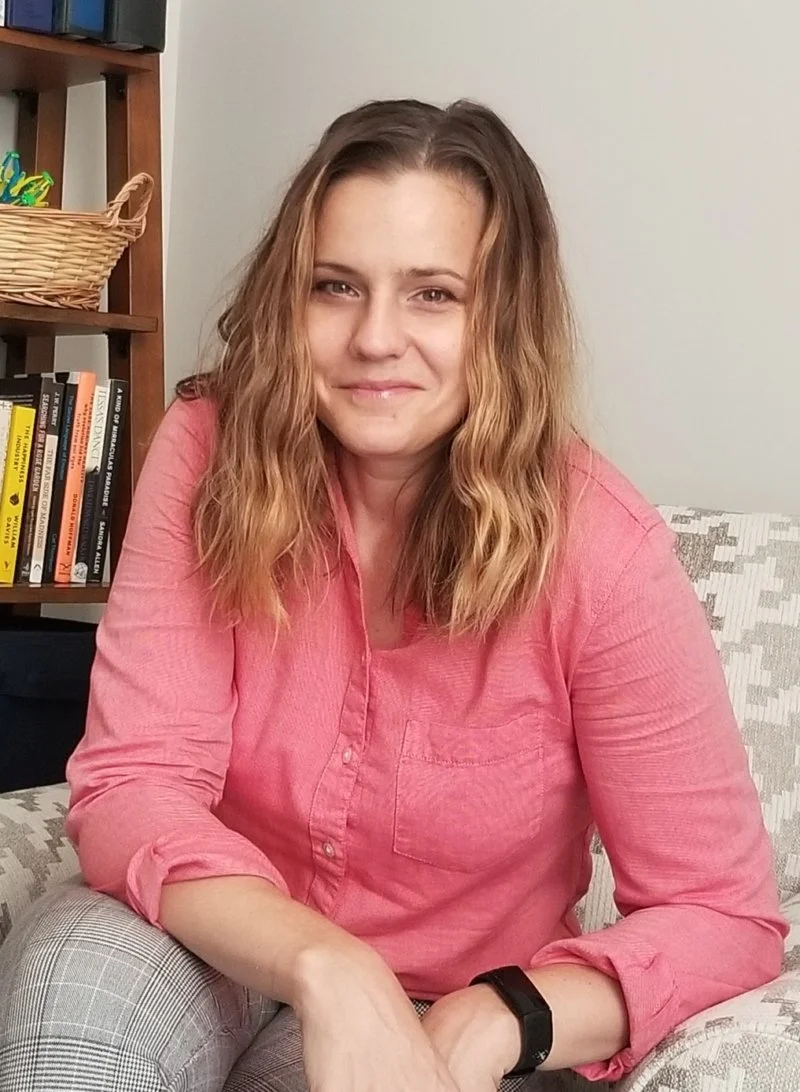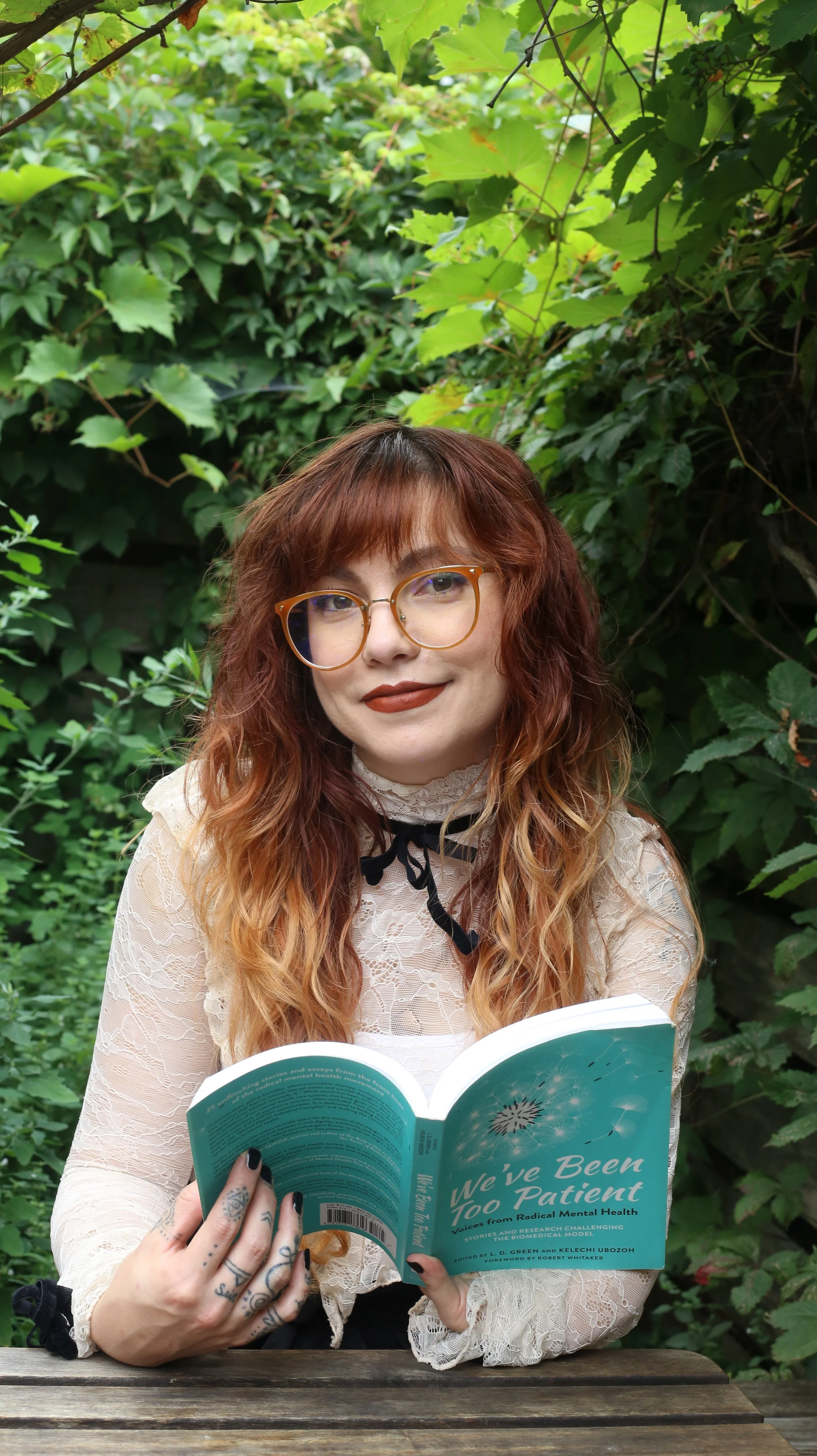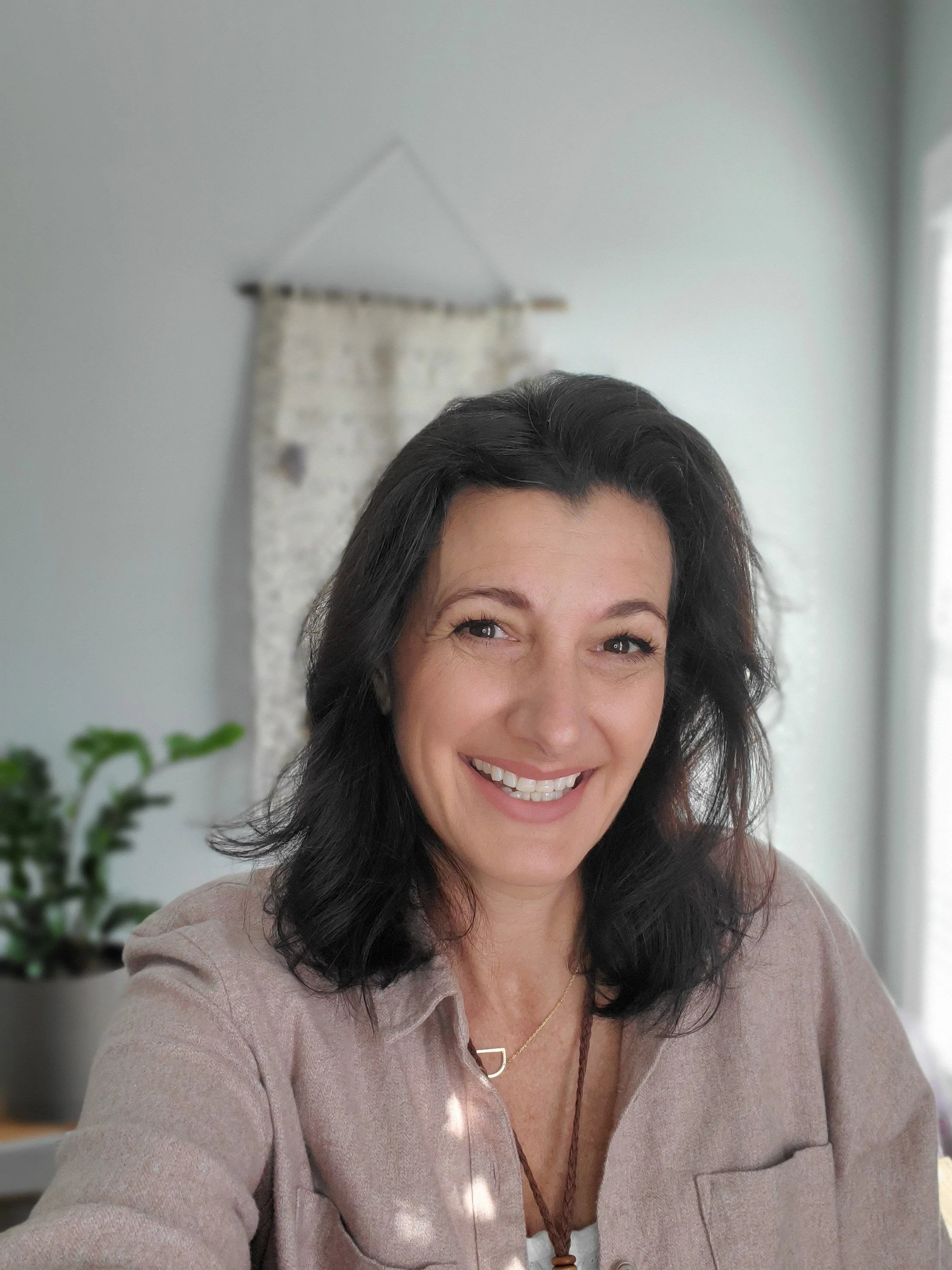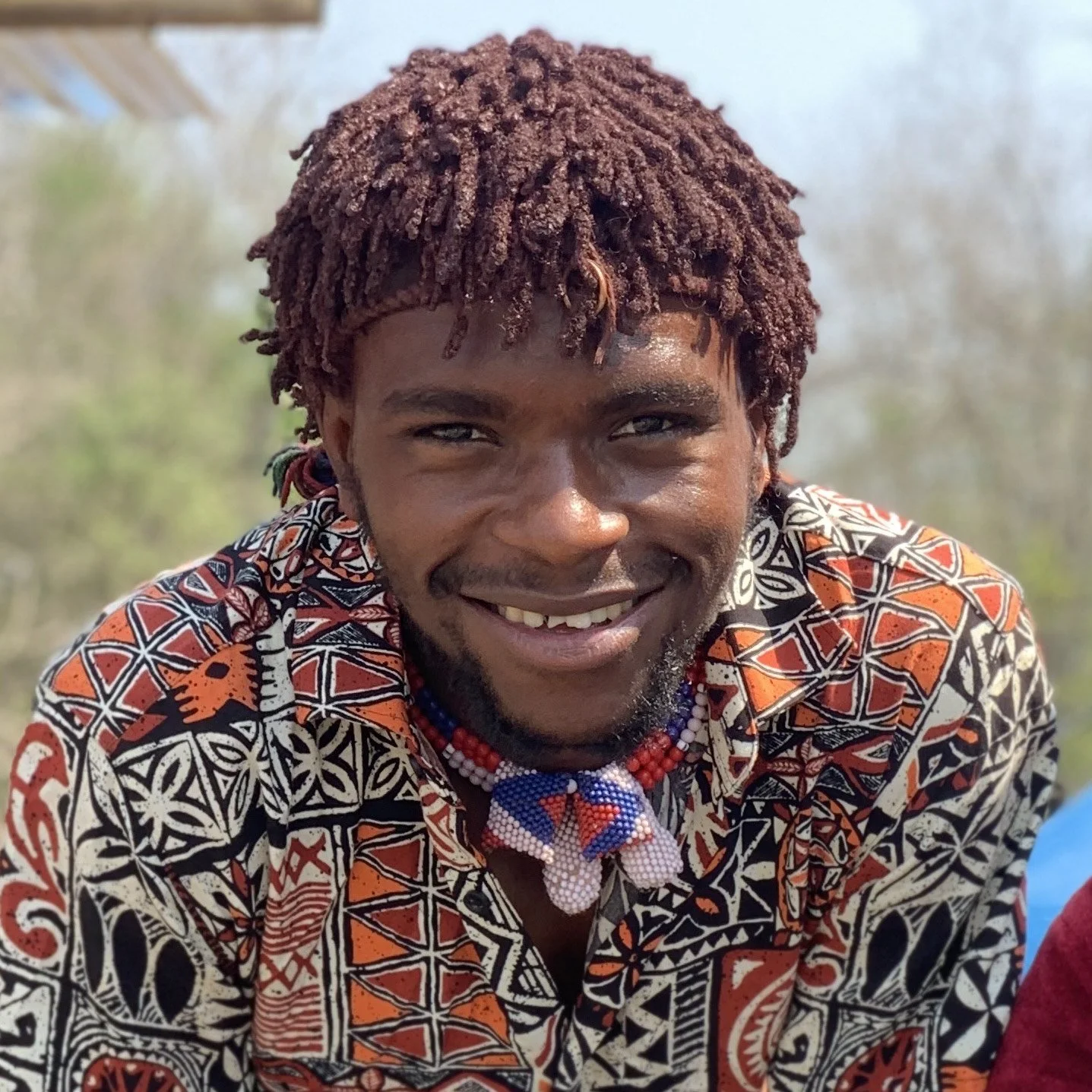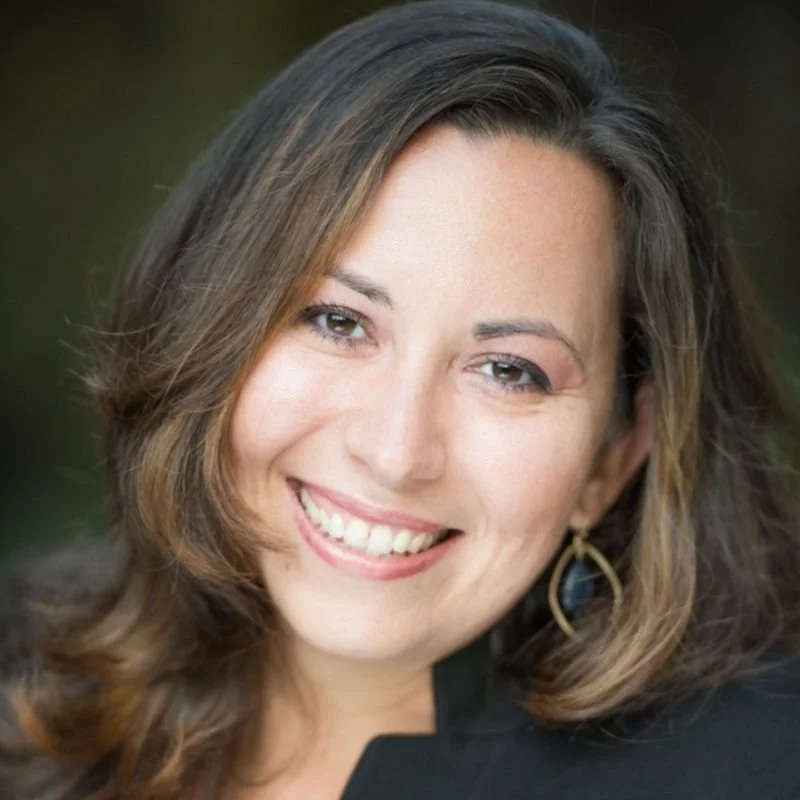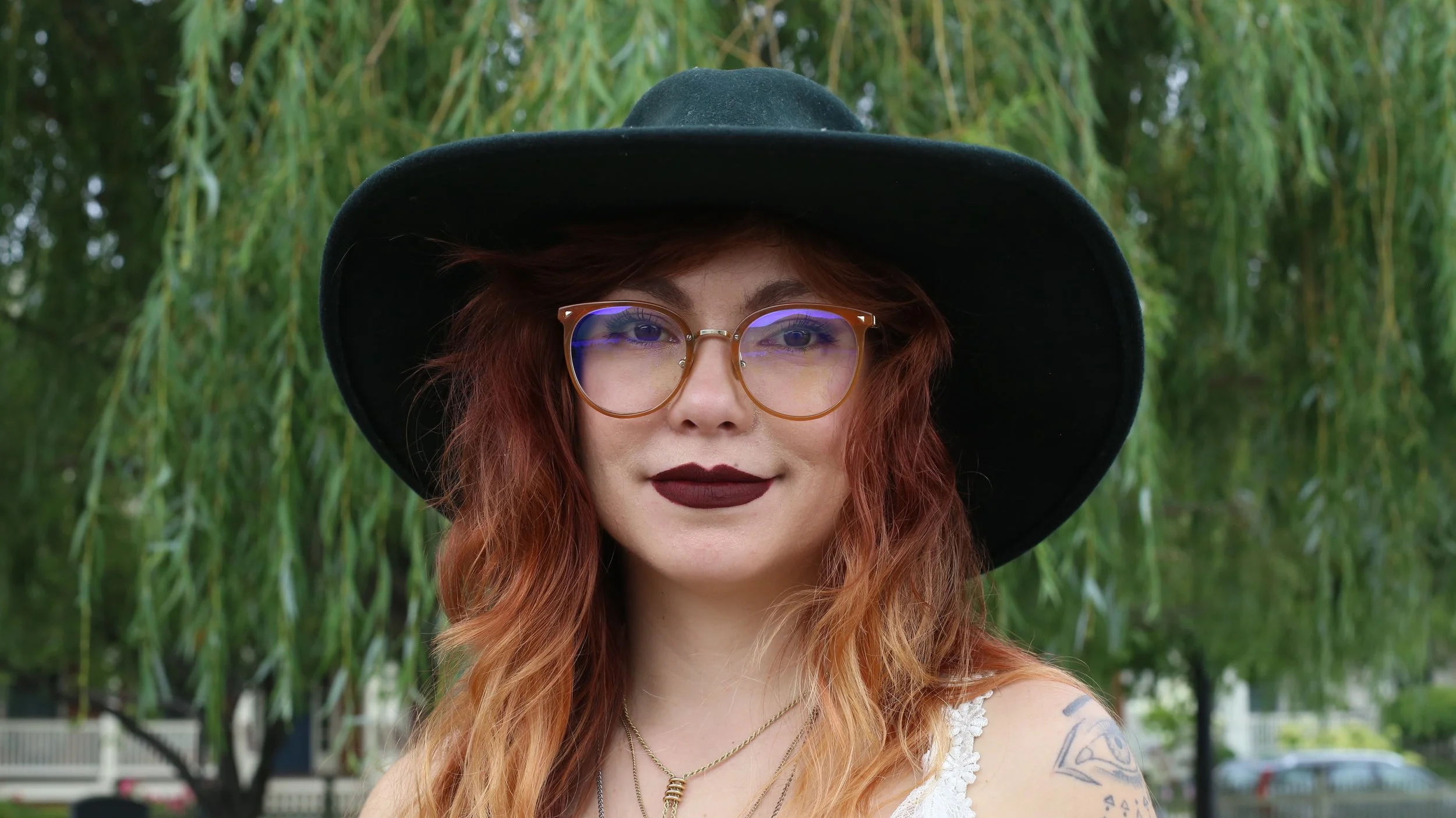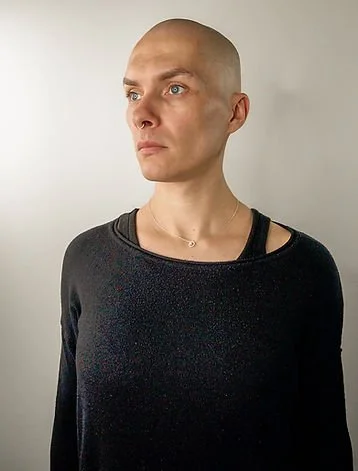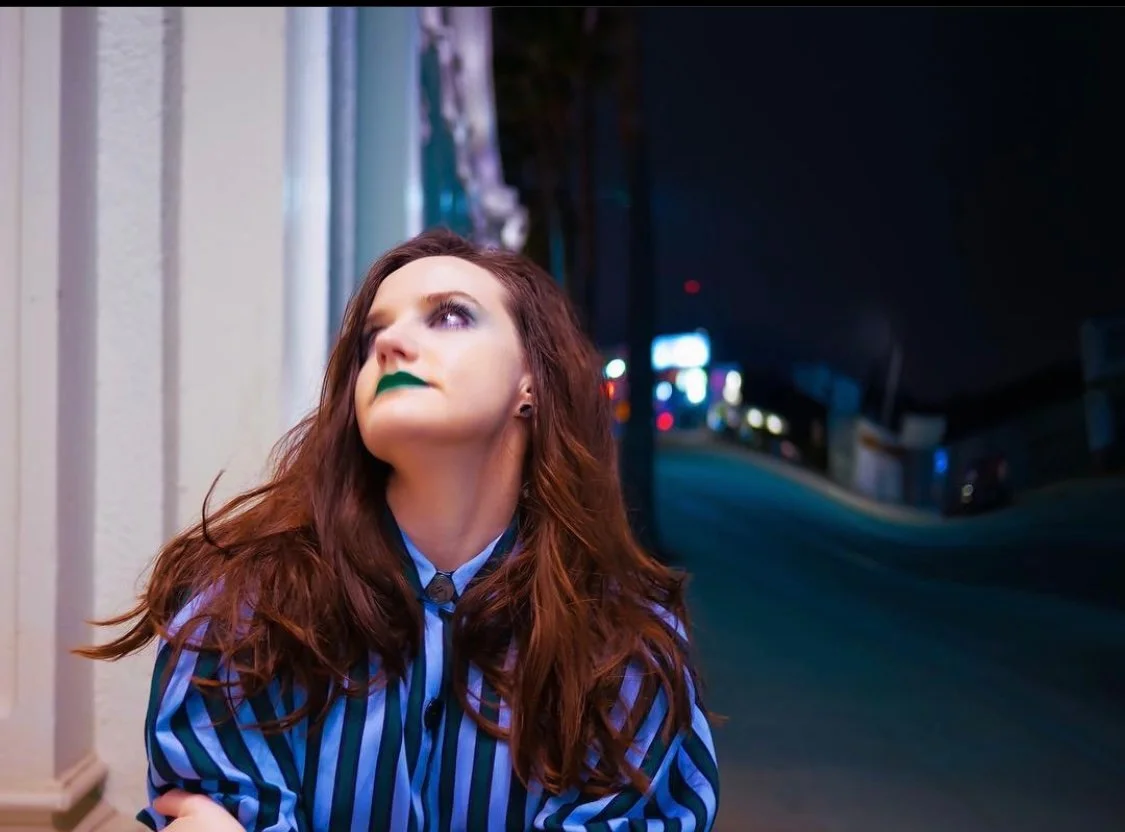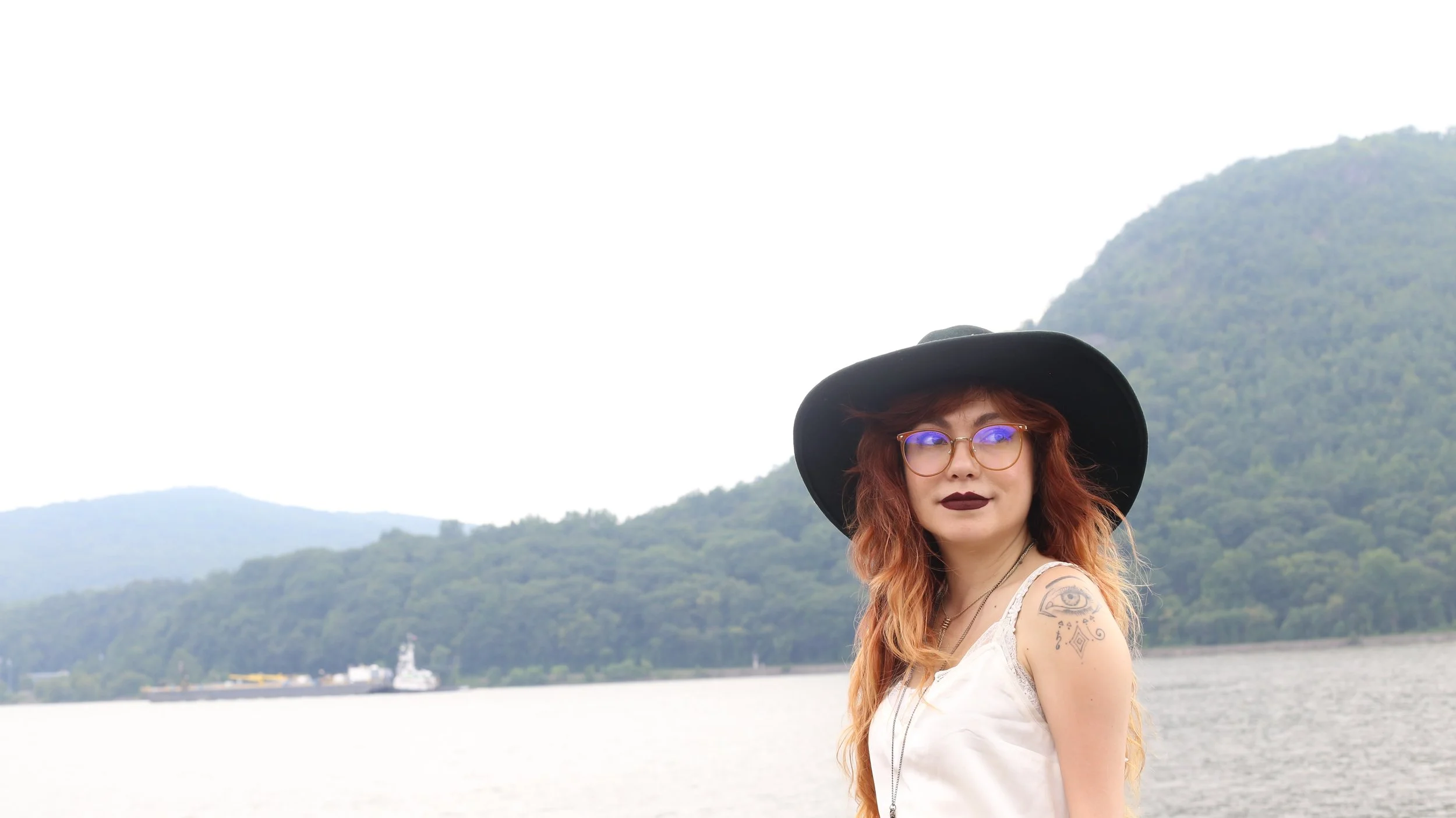Let’s Dive In!
Most Popular Posts

One of the most overlooked experiences is menopause and perimenopause and impact on mental health. Many people feel isolated and alone in their mind-life experiences, and for some this can have extreme consequences…
Depression can be a challenging, incredibly painful experience, but it can also pave the path to change and transformation. Experiences of numbness, despair, emptiness, fatigue, loss of meaning and all the things that get labeled as depression are emotional and physiological responses from the body. The question that has always been quite interesting to me is: what is my body trying to tell me through depression? What is the message behind these signals?
What’s it like to spend 20 years locked up in a psychiatric asylum? Issa Ibrahim knows this intimately. As a survivor of complex trauma, drug-induced-psychosis, sexual and institutional abuse, Issa’s story holds up a mirror to America’s racist and coercive mental health system as a microcosm for our sick society.
In this podcast episode, I discuss the 11 self- protection strategies outlined by psychologist Stefanie Stahl in her book The Child In You. When we are aware of which self-protection strategies we tend to use most often, we can actively chose differently and cultivate more connection in our lives.
In this podcast episode, I share perspectives around martyrdom and saviordom in life and work and how we can take the pressure off ourselves, stop feeling the need to prove our worth, and take ourselves less seriously with the sustainability of lightness and play and joy.
Celiac disease is an unfortunately common autoimmune disorder that affects about 1 in 100 people. There's also a high correlation between celiac, psychosis (and other mental health concerns such as anxiety, depression, and OCD) and childhood trauma. This is the trifecta that has affected me personally, and many of my clients. So in this episode, I tell you my whole story on finding out about and healing autoimmunity and mental health issues.
In this episode, Dr. Randall Gates, a Board Certified Chiropractic Neurologist discusses the profound impact of childhood trauma on long-term disease, the intriguing connection between schizophrenia, psychosis, and gluten, and the significance of inflammation in the brain.
I interviewed Asia Suler, an herbalist, nature philosopher, and author who has experienced deep transformation through chronic pain and illness. Asia's insights, shared in her new book "Mirrors of the Earth," sheds light on the importance of depathologizing sensitivity and celebrating being a highly sensitive person (HSP) as a unique superpower. In this episode, we explore the significance of safeguarding our sensitive nervous systems, setting boundaries, and recognizing the signs of nervous system overwhelm.
Why are so many mental health professionals, researchers, and activists critiquing the Diagnostic and Statistical Manual of Mental Disorders (DSM) or researching other ways of understanding mental health concerns? In this episode of Depth Work, we dive deep into the implications of labeling and codifying human experiences, and unravel the hazards of pathologizing human behavior, especially when we don’t have the scientific evidence to back up.
In a society that often defines success and fulfillment for women through the lens of motherhood, it's essential to honor and celebrate the diverse paths individuals choose for their lives. In this episode, I had the pleasure of speaking with Ruby Warrington, author of "Women Without Kids," as we delved into the multifaceted world of non-motherhood and the societal constructs that perpetuate binary thinking and erode the value of alternative choices.
Recently, I had the pleasure of speaking with Harm Reduction Specialist and Peer Counselor, David Levine as we delved into the complexities of the war on drugs in the United States and how drug laws and policies disproportionately affect marginalized communities.
In this highly-requested episode, we explore the topic of shame and blame, how we can become mired in these emotions, whether by taking on too much responsibility or deflecting it onto others. What does centered self-accountability look like and when and why do we engage in both over and under-accountability? In other words, how do we move forward and find agency, power, and creative potential without ignoring or denying the pain of the past?
Despite the wealth of research on trauma and what truly helps when people are suffering, the fields of psychiatry and psychology stubbornly cling to pathologizing, dogmatic and harmful ways of approaching mental health which are counterintuitive to healing. The voices of those with lived experience and dissenting clinicians are silenced under a system that aims to uphold the status quo. Clinical psychologist and advocate, Noelle Hunter, knows this better than most.
If you’ve ever felt like you’re “going crazy,” heard voices, or had strange and unusual experiences, you’re not alone. My guest today, Brittany Quagan, a therapist and psychic medium is ultra familiar with all things “spooky” - both in terms of trauma and spirituality. We discuss what it’s like to struggle as an empath, coming out of the broom closet while working in traditional mental health systems and some pretty amazing research on how to control experiences that most of the clinical world would describe as “psychosis”.
Mental health concerns have multiple roots and many contributing factors. We cannot reduce mental health symptoms to a single cause or origin. In this episode, we’ll be discussing what a truly holistic framework for mental health looks like…
In this episode, I speak with a trauma-informed couple’s therapist about the qualities of healthy loving relationships, how toxic and transactional societal values shape how we relate, and real-life examples of moving through triggers and developing deeper intimacy.
Addiction is not a moral failing nor an unrecoverable disease. Addiction is often a way we learn to lessen the pain of overwhelming trauma and isolation. In this podcast episode, my dear friend Daryl Rocco shares her story of what it took to get sober after a lifetime of interpersonal and intergenerational trauma.
What if “going crazy” was part of a larger process? What if it was a message from your body, your ancestors, or a wisdom larger than yourself? Thabiso, a traditional Swaziland Healer who moved to the U.S. in 2020, shares his story about training as a healer in a context where madness wasn’t stopped or something to be fixed, but rather the sign of a bigger calling.
In this episode, with my good friend and colleague, Katrina Michelle, a psychotherapist specializing in spiritual integration, we discuss different kinds of spiritual experiences, why psychedelic-assisted therapies often are faster and where to find psychedelic-assisted therapy research, programs and training.
If you were ever described as “too-sensitive”, you probably felt that your sensitivity wasn’t honored. In this podcast episode of Depth Work, you will learn different ways we can be highly-sensitive: emotionally, physically, or spiritually, and why it is actually a gift, not a curse.
When it comes to mental health crises, there are incredible and highly effective healing alternatives to psychiatric institutionalization worldwide! These respite centers offer agency, choice, freedom, and coordinated care, in place of the dominant “medicate and separate” model.In this episode of the Depth Work podcast, I got to sit down in person with Kim Wichera, an artist and activist who has spent their life devoted to uplifting alternatives to coercive treatment and fighting for those who society has left behind.
Modern “goal-setting” strategies can feel cold or simply exhausting. I’ve spent a decade researching the best ways to intentionally set goals that are aligned with your values in a way that also feels easy and fun.
Energy healing, psychic work and mysticism is not reserved for a select few, these gifts are available to anyone who desires to engage with it, as many of our ancestors did. Today's magical guest is a fellow psychic and energy healer who also trains others in the craft. We talk about what it's like to "answer the call" as a healer, train in psychic school, and how to trust yourself and your gifts.
This is an intimate conversation between one of my best friends of 15 years - we have a common lived experience of being molested as children and we get very honest about what childhood sexual abuse is like and what it takes to come out the other side of it as healthy adults.
This week I got to talk to Milta Vega Cardona, National Anti-Racism/Anti Oppression Consultant providing support in organizing and curating conversations on Race and Racism in the United States, Virgin Islands, and Puerto Rico. We had an inspiring talk about reclaiming our heart-centred humanity & deconstructing institutional racism. Listen to the podcast now on Spotify or Apple Podcasts.
It takes courage to own your story, especially for trauma survivors. Jessie Roth shows us, in this episode, the power of storytelling, showing up as your full self with the multiple roles and identities you hold and why it’s important to intentionally straddle frameworks to re-story your experiences as a form of healing. As the director of The Institute for the Development of Human Arts, she’s also a master at facilitating cross-movement knowledge building at the intersections of mental health and social justice.
What does it mean to become an ancestor who is worthy of praise? To leave a legacy? How do we become the kind of ancestor our familial or collective future descendants want to call on? Today’s guest, Veronica Agard, founder of Ancestors in Training, shares her journey.
Many of the wounds, patterns, and emotions we carry in our bodies are not only our own. Some emotional wounds that get conceptualized as personality traits, habits, or norms, are actually inherited ancestral trauma. In this episode we talk about intergenerational/ancestral trauma, using the example of impostor syndrome as rooted in historical oppression. We also walk about elders, getting to know your living ancestors, making ancestor alters, and tangible steps in how to engage in ancestral healing.
It takes radical imagination to envision a future of mental health that is rooted in community support and multiple ways of approaching healing. Noah Gokul is an artist and mental health educator who embodies this concept in all their work.
This week I got to talk to my friend and colleague, Ana Florence, Brazilian clinical psychologist and researcher, about the impact of globalization, the export of psychiatry from the global north to the south, and what it means to be a clinician dedicated to consistent self-inquiry.
